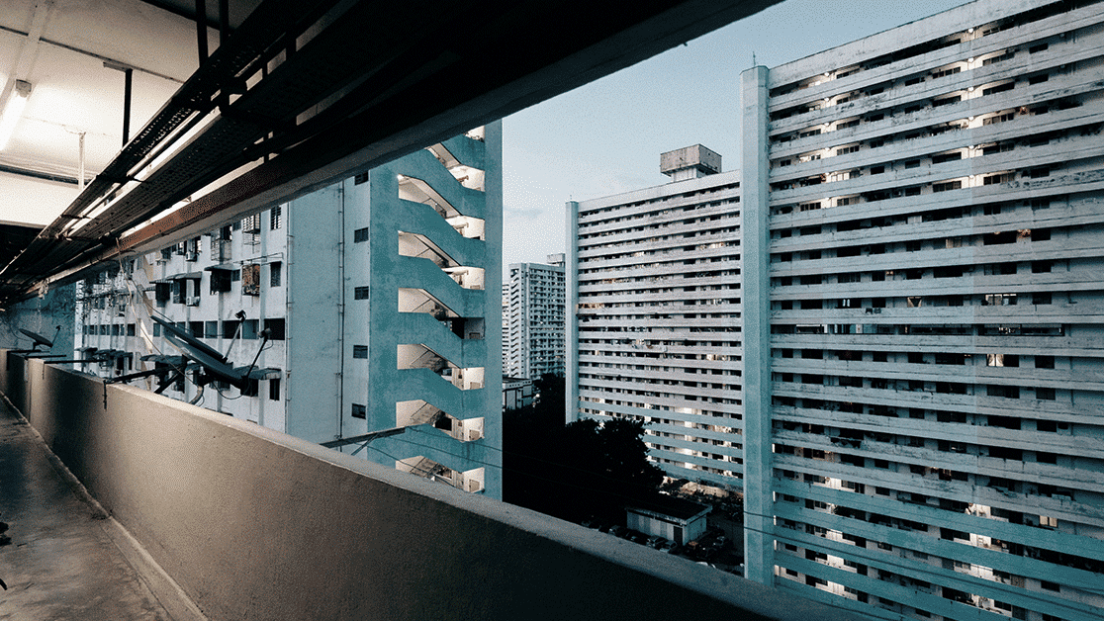Mountain cantons insist on imputed rental value

The mountain cantons speak out against the abolition of the rental value for second homes. In addition, they consider adjustments to the Second Home Act to be necessary. Maintaining the maximum water interest rate is also on the wish list of the mountain cantons.
The intergovernmental conference of the mountain cantons of Uri, Obwalden, Nidwalden, Glarus, Appenzell Innerrhoden, Graubünden, Ticino and Valais (RKGK) is against the Federal Council’s plan to abolish imputed rental value for second homes as well. It would result in a loss of income of around CHF 200 million a year, explains the RKGK in a press release. On the other hand, the RKGK has no objections to the planned abolition of the imputed rental value for main apartments.
The mountain cantons have already been hit by the Second Home Act of decisive economic effects, writes the RKGK. In contrast to the Federal Council, the mountain cantons see further need for action here. Specifically, provisions are to be changed, “the application of which leads to objectively negative results or leaves insufficient scope for innovative solutions”.
The RKGK is also calling for improvements to the message passed by the Federal Council on electricity supply with renewable energies. Among other things, the mountain cantons want to have extended the current maximum water rate. With electricity prices rising as a result of climate policy, the electricity companies are still “in a position to pay today’s water rates without any problems,” argues the RKGK.
Furthermore, the RKGK criticizes the approach to the Postal Organization Act: Here the Federal Council has pushed ahead with a message without waiting for the results of an expert commission it has set up itself. However, the responsible commission in the Council of States has postponed its deliberations until the results have been presented. “Against this background, it cannot be tolerated in any way if Swiss Post continues to dismantle its services in the run-up to the political discussion,” says the RKGK.